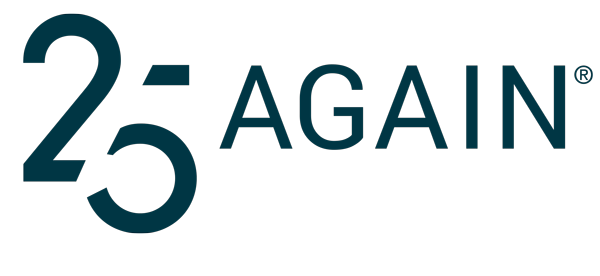Having a healthy sex drive is important to both men and women of all ages. Unfortunately, this decreases for both genders as they age. Causes for this decrease can vary. For women that are over forty years of age, sexual problems can occur with loss of libido and painful intercourse. Studies also show that as many as half of all American men over age 40 are suffering from ED due to problems with declining libido and performance abilities.
It is important to be aware of these trends as we age because even if symptoms do not currently exist, they can appear out of nowhere and cause or reveal problems in a relationship or personal health. Adults approaching or past 40 deserve to know what treatment options are available.
Loss of sexual desire or low libido after age forty can be caused by lower hormone levels due to aging. Medications like antidepressants can also decrease sexual desire and enjoyment. Bioidentical hormone replacement can restore natural levels of hormones like testosterone that can boost libido and improve quality of life. When we lose the hormones, we lose health benefits. When hormones are replaced to optimal levels many people experience significant relief or improvement of low sexual desire and pleasure associated with intimacy. Sex hormones like estrogen and testosterone affect sex organs development and ongoing health, they also help other internal functions in the brain, bones, and blood vessels.
Hormones influence sexual development
Prepubescent children do not have significant sex hormones present until puberty. Young children are not supposed to have sexual desires or developed sex body parts because this occurs through normal lifespan changes caused by hormonal influences. These influences peak when teenagers experience the often-mentioned raging hormones that affect growth and development of the body, mood, and desire for intimacy and attachment.
When males reach andropause, the time in life that testosterone significantly declines, loss of libido often occurs. For men with low testosterone, this period can lead to many other negative body changes. These can include gaining a large amount of belly fat, decreased metabolism, weight gain, loss of motivation, depression, and even heart disease (1).
When females reach menopause sex hormones like testosterone, estrogen, and progesterone can become low. Sometimes levels become even so low that their levels are deemed ‘undetectable.’ This can create a host of negative symptoms in women as well. Sometimes this leads to a decline in libido, brain function, heart health, bone health, and blood vessel health. Such problems are considered age-related diseases that we associate with decline in health and accept as a normal part of aging.
How do you improve sex drive?
But the issues mentioned above are not necessarily something aging adults have to accept any longer. When hormones are replaced or optimized to levels that occur earlier in life symptoms can be significantly lessened. The human body can age optimally or in a relatively intact state for a longer period of time (2). Entering into a medically supervised program to replace hormone loss is one safe and effective way to fight back against the signs of aging and problems that seem to appear out of nowhere in the bedroom.
Are you ready to regain the performance, intimacy, and happiness you experienced in your younger days? Register to take the 25 Again assessment now and our medical staff will make this one experience you won’t regret!
Sources
https://www.health.harvard.edu/heart-health/sex-hormones-and-your-heart
Rouzier, N. (2007). How to achieve healthy aging: why everyone should replace hormones, a review of the medical literature. Salt Lake City, UT: WorldLink Medical Pub.

